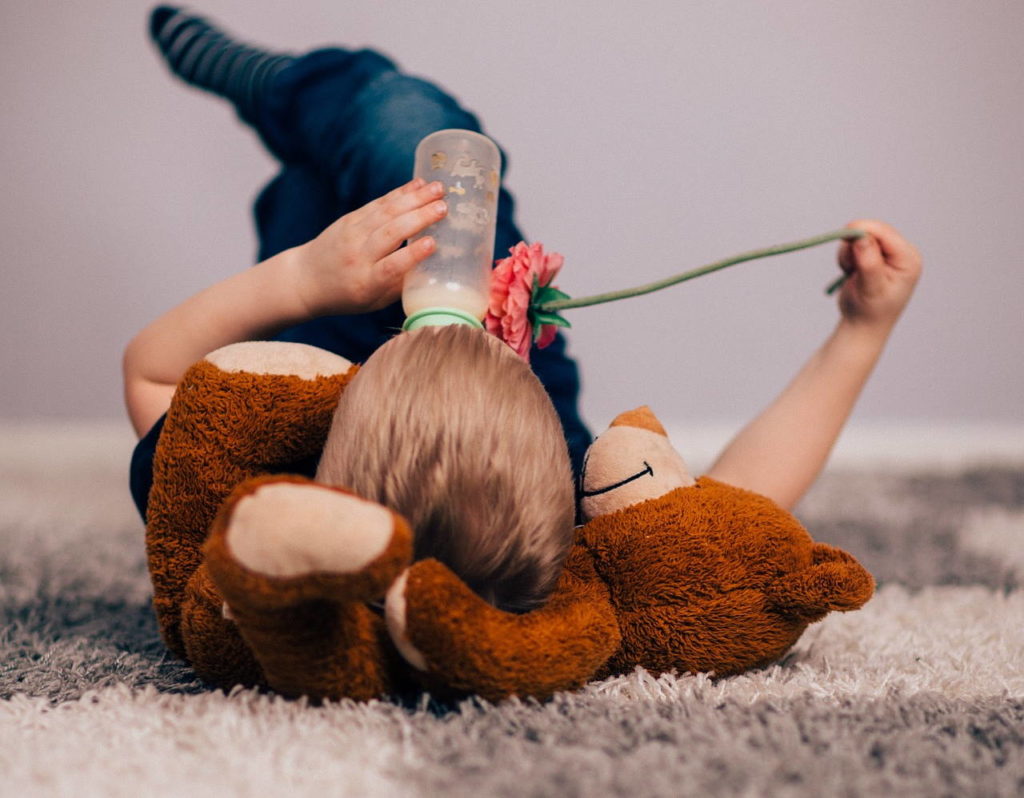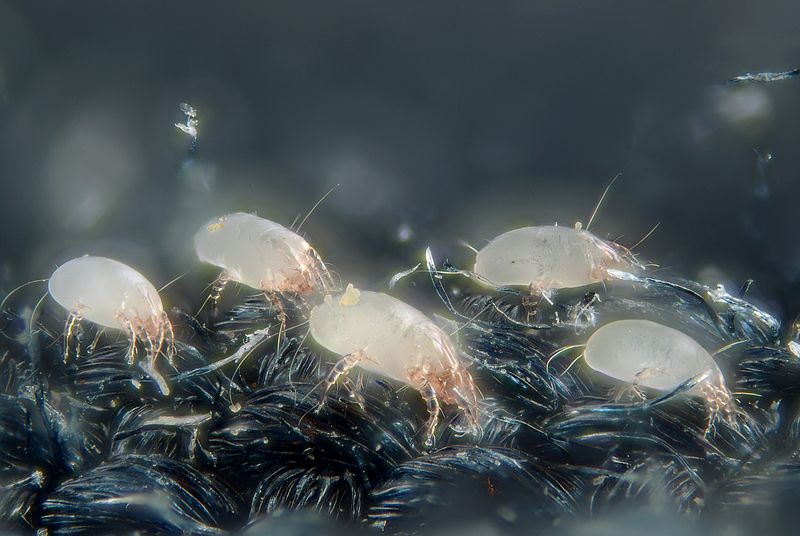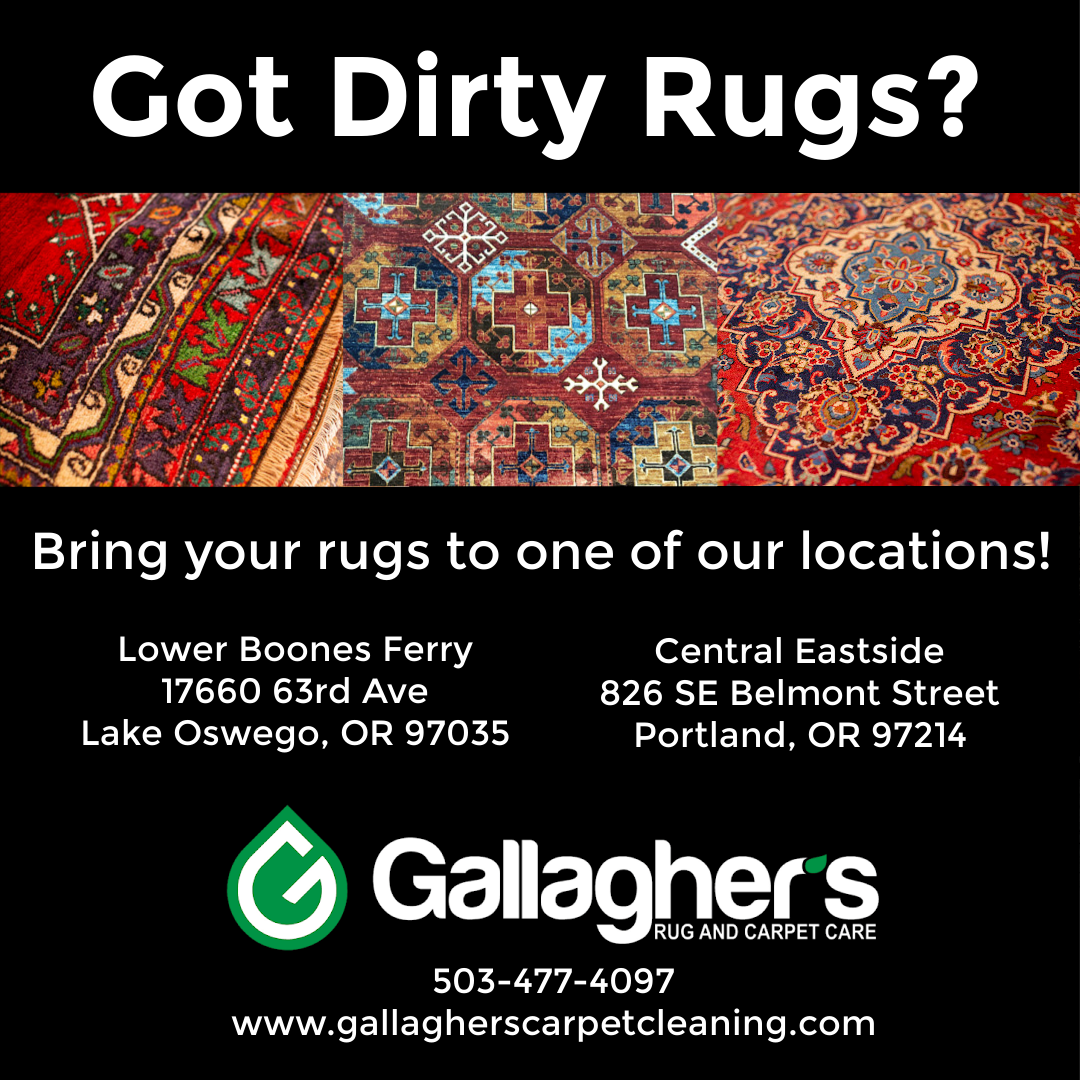Have you ever thought about what is in your carpet? You may not want to know but then again, maybe you should. Carpets attract anything that comes in from the outside as well as everything that settles from the air in your home and that’s not including all the mites and pests that are lurking. For these reasons, your dirty carpet may be affecting your health and we’re here to explain why.
Let’s Start With The Air You Breathe
The quality of air a person breathes in each day is more important than one may think. Though it goes unnoticed, on average one person takes roughly 20,000 breaths and inhales 220,000,000 particles each day. Depending upon certain factors, that means the average person is breathing in a vast variety of pollutants that can consist of anything from mold, bacteria, viruses, mildew, dust, fungi, pet dander, tobacco smoke, vapours, lead, asbestos, aerosols and many other numerous chemicals and toxins. Inside the home, the air quality is estimated to be 2-5x more toxic than that of air outside and in some cases, registering at almost 100x more toxic than outside air according the EPA. That’s a lot to consider since many people struggle with respiratory issues such as asthma and allergies that inflame the respiratory or other parts of the body. Even a healthy individual with no respiratory issues can be affected by breathing in these toxic pollutants. So what does this have to do with your carpet? Well, all these pollutants will eventually settle into your carpet and are then reintroduced into the air you breathe upon daily activity within your home, producing a cyclical effect from carpet to air and air to carpet. Small children are even more susceptible to being exposed to these elements as they tend to spend more of their time closer to the ground; playing, rolling around or picking things up from the floor and putting them into their mouths. Cleaning your carpets on a regular basis will aid in reducing the pollutants within the air you breathe, your carpet and ultimately have a positive affect on your health.

To Shoe Or Not To Shoe??
Let’s face it. It seems that half of households either wear shoes in their homes and the other half doesn’t or vice versa. With numerous studies on the soles of shoes and what they can track into your home, more homeowners seem to be leaving their shoes by the door but does everyone really understand why? Recent studies show that there are as many as 421,000 types of bacteria living on your shoes and the main ones are not for the faint of heart. E.coli, Meningitis and C.diff are just some of the top listed bacterial organisms found on the average shoe. With the transfer rate of the sole of your to the floor of your home being between 90-99 percent, it’s more than likely that you will find these organisms living within your home and for the germaphobe, that’s scary! E. coli is one of the most common types of bacteria that people come into contact with; typically spread through human or animal waste coming into contact with food or water. With research showing that 96% of shoes carry this bacteria, it’s no wonder some people decide to leave their shoes outside. Of course there’s always natural elements being brought into your home as well. Dirt, mud, water run off and other muck will likely track into your home if you decide to wear shoes but these will be the least of your worries; unless of course those elements are bacteria laden and have an opportunity to grow in your carpet. When moisture is present, bacteria has a higher probability of multiplying and with organisms being known to survive longer in carpet, these bacterial buggers can quickly develop into their own ecosystems. Maybe those rain dampened shoes should be left outside after all? Of course, if you’re not worried about the germier side of things, it’s still worth noting that dirt and grim will wear your carpet down over time. You may be able to vacuum up most of the dirt, but the wear and tear is unavoidable when you understand how friction combined with nature’s elements wrecks havoc on your carpet fibers. This may not affect your health, but it will certainly affect the longevity of your carpet and that affects your pocket book!

Dust Mites And Carpet Pests
It’s not exactly a comforting thought to think that pests are lurking in the very carpet you walk and sit on but the reality is that where there are humans and pets, there are pests. One such unavoidable pest is the dust mite which breeds and feeds in areas where there is moisture and dust particles. These microscopic bugs live off of dead skin cells and produce waste that can have a negative impact on humans. For those particularly sensitive to allergic reactions, dust mites can be the culprit of one’s discomfort . The average home is known to hold 40 pounds of dust in a year with a single ounce carrying up to 15,000 dust mites. Not the most settling of thoughts. When carpet is not cleaned regularly, these factors can lead to an ongoing exposure which can have mild to severe effects on those in a household. The waste produced from these mites trigger an immune response in the human body known as allergic rhinitis which can lead to wheezing, inflammation, red eyes and itchiness. If someone in the household has asthma or other respiratory issues, the effect on one’s health can be considerably worse. Unfortunately, these pests are not the only ones that can trigger allergic reactions. Carpet beetles are another known pest that can lurk in the confines of one’s carpet. Though the beetles themselves are not known to cause allergic reactions, the tiny hairs on the larvae however, do. Carpet beetle larvae are either a red or tannish color and shed their skin or ‘husk’ regularly which is what you’ll most often see if they’re in your home. The hairs on the larvae are known to penetrate the skin causing an allergic reaction. Knowing all of this, it would be nice if vacuuming were a quick fix to this problem but in order to keep these pests at bay you’ll want to have your carpets professionally cleaned on top of your vacuuming regimine.

Households With Pets
Households with pets are generally aware of the extra work it takes to keep their floors clean. Carpets in particular hold onto the dirt, bacteria and microbes that settle into the fibers. Without a professional cleaning that will clean beyond the carpet and down into the padding, any major soiling will likely remain and harbor those nasty organisms we prefer to ignore. With animals having a keen sense of smell, they often prefer to lay in the same familiar spaces or even urinate/defecate in them. Potty training your pets can be done but it can also be a long process. The likelihood of pets soiling your carpet while they learn to go in a designated area is almost inevitable. Once they decide on a place to use the potty, they instinctively go back to the same area. A solid stool from your pet may not penetrate into the carpets padding but pets urine will and a self clean up will not do a thorough job. With pets who have a harder time going to the bathroom where they are supposed to, those mishaps on your carpet can leave behind intense odors and even ruin your carpet for good if it’s not properly cleaned. Pets also leave behind oils and dander from their fur which can discolor your carpet or lead to allergies within your home and we still haven’t mentioned how pets deal with an irritated backside. We think that statement speaks for itself. Without a routine professional cleaning, carpet becomes a safe haven for bacteria, microbes, dust mites and filth that can eventually lead to adverse effects on one’s health. If a household has pets, it’s suggested that carpets are cleaned three to four times a year to keep up with the added dirt and soil.
When it comes to your health, looking into every possible avenue to ensure you and your household stay healthy is worth it; especially if your health concerns or problems can be easily remedied through practical methods. Understanding how the world around us affects our health is one step in the right direction; even to the point of understanding how a dirty carpet can affect your health. So, cheers to clean carpets and a healthy future!


